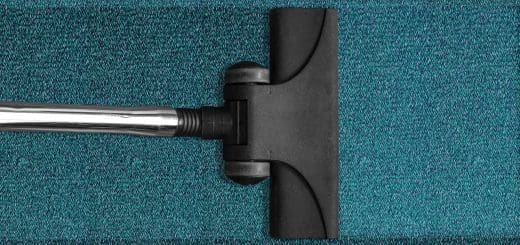Exploring Therapy: Finding What Works
Facing the ups and downs of life can sometimes feel like a rollercoaster ride. School stress, social pressure, and conflict at home can make you feel overwhelmed. A therapist can support you in navigating life’s ups and downs. Because of the media portrayal you might picture a therapist talking to a client sitting across from them on a couch. Or maybe you picture a physical therapist working with a physical injury. Did you know there are many types of mental health therapy too? If you feel like therapy has not worked in the past for you, consider a few different approaches to mental health therapy. Once you find what works for you, the outcome will be worth the trial and error!
Here are five alternative types of therapy you can explore!
- Dialectical Behavioral Therapy (DBT): DBT focuses on giving you a toolbox full of skills that can help you manage your emotions and cope with life’s challenges. However, DBT does not primarily focus on the past. instead focusing on managing present emotions and life stress. DBT teaches skills that fall into four different categories. Mindfulness teaches skills to help us stay present at the moment, emotion regulation gives us tools to manage big feelings and emotions, distress tolerance skills support us in dealing with tough situations and interpersonal effectiveness skills help us communicate effectively with the people in our lives. DBT is traditionally part of a program consisting of a group skills meeting and individual therapy, but any trained therapist can teach you the skills.
- Mindfulness-Based Therapy: This type of therapy focuses on helping a client stay present in the moment and develop self-awareness. This is generally done through the practice of mindfulness techniques including meditation and deep breathing to help you manage your stress and anxiety.
- Art Therapy: Art therapy is a creative approach that anyone can try! This type of therapy uses creative activities like drawing, painting, and sculpting to help clients work through their emotions. The best part is you do not have to be an artist to benefit!
- Family Therapy: If your main stressor is conflict at home, family therapy can help! Family therapy brings everyone together to improve communication, strengthen relationships, and work through conflict. The therapist will be a support and mediator to make sure every family is respectful and has a chance to then share their feelings.
- Eye Movement Desensitization and Reprocessing (EMDR): Imagine your brain as a filing cabinet that stores memories. As memories get stuck, they continue to replay. If it’s a happy memory, it might not be an issue. However, if this memory is traumatic this replay can cause pain and anxiety. EMDR helps clients while they process memories and restore them in a way that causes less anxiety. While thinking of a painful memory, you will focus on a therapist’s hand movements, sounds, taps, or a light. As a result of this technique, your brain stores this memory in a way that reduces its intensity. It may sound silly, but research shows that it is an effective therapeutic approach.
Remember that there is not one type of therapy that fits every individual. It may take a few tries to find a therapist that works for you. There is no issue too small for therapy if it is causing you any stress or pain. Stay strong, stay curious, and remember you are not alone!
Do you have any experience with the types of therapy above? Is there another type of therapy that works for you? Let us know in the comments!





Recent Comments